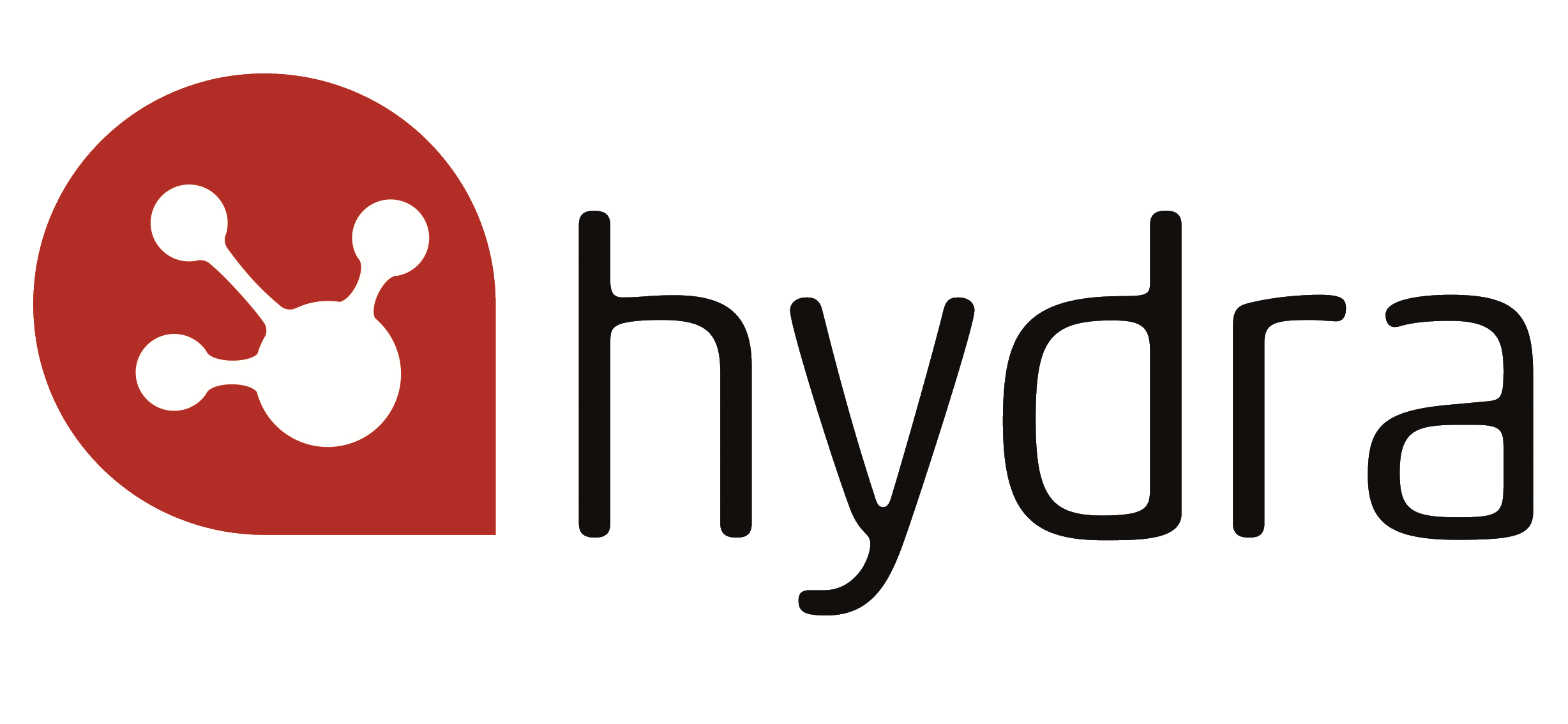Typically, customers would prefer a ‘direct’ relationship with their software vendor. There’s many reasons why but almost all see greater risk using a channel partner.
Most customers prefer a direct relationship because they know that if they find a gap in the solution, it is likely to mean the partner will be unable to deliver the functionality quickly and efficiently, which means they will need to adapt their processes, do without or worst case pay for an expensive customisation.
The problem faced by software businesses who have implemented channel market strategies is when a software implementation goes wrong and they have to either deliver the solution at their expense or realise an ugly scenario that affects their brand value. People always blame the software rather than the implementation. Rarely does the channel partner receive any bad press.
The problem is almost NEVER the software itself but the implementation
Here we investigate the 4 key reasons why partner-lead software implementation projects fail and how to stop this happening.
1. Not following your Best-Practice methodology
Successful channel partner markets are reliant on the vendors’ ability to pass on knowledge and experience to reduce the chances of failed projects occurring and then surfacing as news stories. Only when lessons learned are captured and used to improve the outcome of the next project are we reducing risk and able to address the value of learned experience.
Identifying the skills required to perform a task and certifying resources allows organisations to improve the consistency of a project delivery. By recording outcomes, it is possible to increase consistency and reduce both the occurrence and opportunity for poor decision making. By documenting the steps and activities it is always possible to identify methods where machines can be used to replace human intervention, driving a business’s ability to benefit from standardisation and ultimately productisation. As issues surface and resolutions are delivered, process innovation is shared and best-practice is defined.
Takeaways
- Minimise waste and increase gross margin by more than 20%.
- Increase machine-based delivery by building solutions to replace repetitive manual interventions.
- Software businesses that have the tools to adopt change at the greatest pace are able to focus on delivering return on investment and sustainable growth.
- Manage certifications across the project economy.
2. Implementations performed by inexperienced staff
Most software businesses running a channel marketplace make recommendations on the type of skills and experience that organisations need to successfully implement their software. Some guarantee their channel partners staff meet a minimum standard by attempting to certify their partners’ employees:
- The Certification Process needs to be constantly managed. Whilst all good partners certify their employees, many then struggle to retain the skills long-term because once an employee has gained the knowledge, experience and certification they can look further afield for opportunities to improve their personal circumstances.
- Availability of 'best resources'. A top challenge for any Channel Partner is to ensure that the necessary resources and skills are available to carry out the next project and that these are the 'best resources available' for that project.
Hydra Partner Assurance allows Software Businesses to share their ‘Best Practice’ deployment models with their Channel Partners to give them the best chance of succeeding. The tasks to complete a project are clearly defined and include the level of skill, knowledge, experience and certification to complete each task. By reviewing the skills deployed against the project, you can analyse whether a partner is likely to implement the solution successfully and take remedial action where it believes the risk is not favourable.
Takeaways
- Reduce the number of project failures.
- Reduce the learning curve for channel partners by providing detailed implementation documentation and an ability to collaborate with delivery support engineers.
- Deliver a best-practice model to your channel partners, encouraging standardisation and improving quality.
- Standardise analysis to provide a more formal review model.
3. Parties work from different plans

Most software businesses running a channel marketplace realise a project has gone badly when the end customer calls asking for a recommendation for a new partner. At this point it’s often too late to change tack and the vendor needs to tread carefully. The last thing they need to do is irritate their partner and being seen to give another partner commercially sensitive information damages the entire channel marketplace. Having an insight into the project and how well it’s moving allows the vendor to provide effective Executive Sponsorship whilst supporting both the partner and end-customer.
- Visibility aids communication. The key to delivering projects on time and on budget is communication. The great majority of projects that fail do so because of a lack of integrated co-ordination and communication. If a channel partner shares a plan with their customer in Microsoft Project more than 50% of the project management time will be spent keeping the plans aligned.
- Collaboration of deliverables. Projects are not usually delivered in isolation, tasks are usually broken down into customer and partner deliverables. Making sure that customer deliverables are completed prior to committing expensive resource to site will help the chances of delivering projects at the right quality, on time and on budget.
Channel partners responsible for implementing the software often work from different plans. This adds significant risk to the project, giving rise to issues such as inconsistent approaches or missed tasks, lack of accountability, lack of visibility of resources, skills and workloads and increased costs right across the project economy. These issues can cause a Partner Manager a great deal of pain when he is trying to deliver the project successfully, on-time and within budget. Learn more about how to gain more visibility in your projects.
Takeaways
- By monitoring channel partner project performance, it should be possible to remain engaged throughout the delivery, increasing the opportunity to act as an effective Executive Sponsor.
- During the project, keep projects on track and guarantee an increase in successful outcomes.
- Reduce the number of occasions where the Software Vendor needs to step in to rescue a failed project when the relationship with the channel partner is no longer viable
- Standardise successful methods to reduce the chances of problems occurring.
4. Poor collaboration
Multiple teams engaged on a project rarely have the same agenda. Partner Managers need to incorporate a schedule for teams so that they can work effectively together to solve issues. The use of an effective collaboration tool that is not restricted by domain, and can therefore include the customer, channel partner, software vendor and potentially any other stakeholder, puts the project at the heart of any collaboration.
By gathering experience across multiple projects and turning that into knowledge assets, it should be possible to review how someone else in a different project resolved the issue in hand. Identifying a series of best-practice-based risks and mitigation strategies allows the team to address problems as they occur with pre-ordained, tried and tested mitigation strategies.
Having this visibility of the impact even a small delay can have on delivery creates an atmosphere where people literally go the extra mile to deliver on time.
Takeaways
- Minimise the impact of multiple teams and multiple agendas to focus on a single project goal.
- Allow the entire project economy to see a single plan to understand the impact of delay.
- Manage all risks even before they occur; when a risk is identified, be ready with an effective mitigation strategy to minimise the impact.
- Use a larger body of knowledge to help you collaborate without boundaries; share innovation quickly to reduce the research phase of the learning curve. Find out more about why learning faster can improve profitability.
Conclusion
By taking a holistic view of delivery quality, internally and externally, it is possible to measure improvement. With a proven efficiency gain of 20% in almost every measure. At Hydra we still value outcomes, it’s really important. We measure how fast we deliver a positive outcome into the hands of our customers. More importantly, by taking a data-led approach we are now measuring the impact that the value of the outcome has on our customers. The teams are now starting to focus on and measure key business metrics that matter. They focus on making a difference to these metrics in every project. A success factor or hypothesis is decided at the start of an initiative. This defines when the project is complete not just when the outcome is achieved.
By Phil Kirkham, Sales Director, Hydra
Phil has a unique knowledge of what it takes to drive growth selling cloud solutions into the organisations within the project economy. Phil couples a deep understanding of Projects, Process and Value, helping project businesses innovate and improve efficiency. Most recently, Phil served as the Head the SAP’s Professional Services Business within the Corporate Business Team closing some of SAP’s most important net new name wins in recent years including Lloyds Register, High Speed 2 and City Football Group. Having worked for some great enterprise businesses, Phil offers valuable insight and expertise to the team.
Further reading


